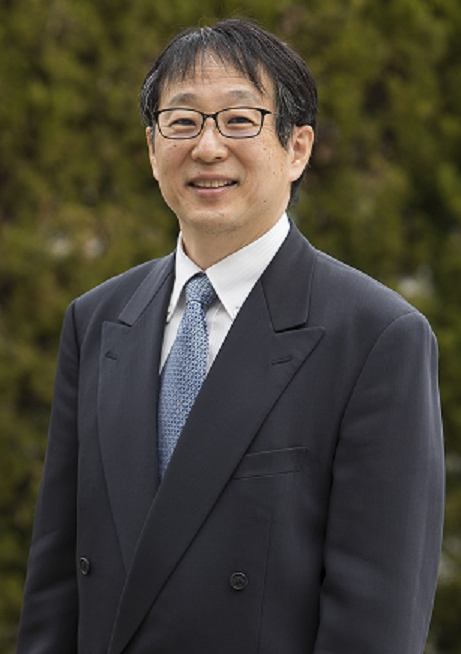Dean’s Message
Mitsutoshi Jikei
Dean of Faculty of Integrated Science and Engineering for Environments
Graduate School of Engineering Science
, Akita University

Starting in the 2025 academic year, Akita University has reorganized its Faculty of Science and Engineering into the new Faculty of Integrated Science and Engineering for Environments.
This faculty traces its roots back to the historic School of Mining, which was restructured into the Faculty of Engineering and Resource Science in 1998, and later into the Faculty of Science and Engineering in 2014. Throughout these transitions, a consistent emphasis has been placed on advanced education and research in science and technology.
The newly established Faculty of Integrated Science and Engineering for Environments aims to foster individuals who not only possess specialized expertise in science and technology, but also understand the relationship between their field and the global environment. These individuals will be equipped to engage in collaborative creation with others and contribute to the realization of a sustainable, green society.
The new Faculty of Integrated Science and Engineering for Environments has restructured the current four departments into three: the Department of Applied Chemistry and Bioscience, the Department of Mathematical and Physical Science for Environments, and the Department of Engineering for Social Systems.
These departments are not based on conventional academic frameworks but are reorganized to align with the demands of a new era.
In addition to strengthening education and research related to environmental science and technology, the new faculty will promote interdisciplinary education and cultivate individuals who can utilize their own expertise while collaborating with others to solve complex societal challenges.
To effectively utilize “integrated knowledge,” which emerges from the convergence of diverse disciplines and the creation of new value, it is essential that individuals with strong specialized knowledge collaborate to find solutions to emerging challenges.
Acquiring such deep expertise requires further education, particularly through enrollment in a graduate master’s program (doctoral preliminary course), which we highly encourage.
We hope that each of you will not only acquire advanced expertise but also develop knowledge in environmental science and technology, enabling you to thrive as professionals in this new era.
